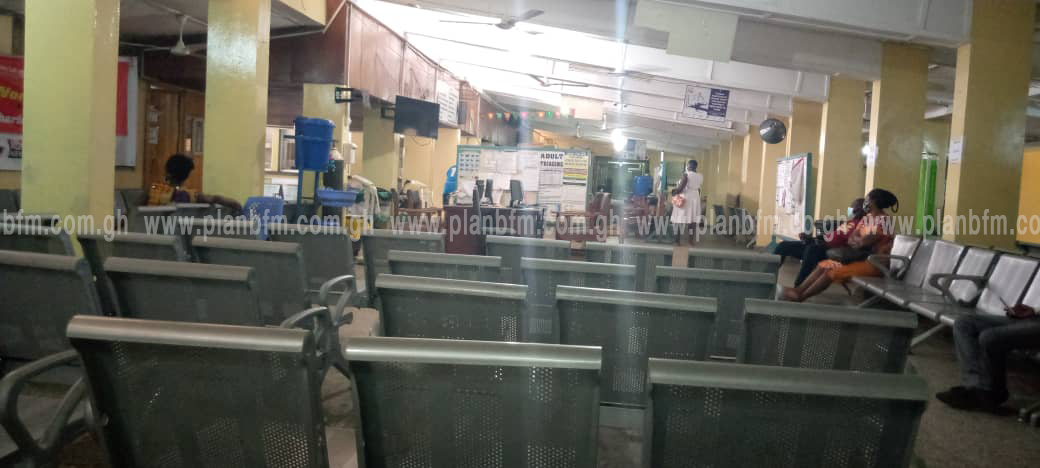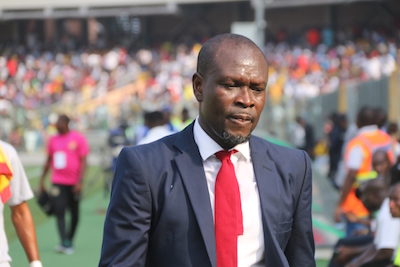Patients in key public health facilities in Tema and Ashaiman struggled to get medical attention as the absence of striking nurses and midwives brought a lot of pressure on doctors who had to resort to multitasking to ensure that they made up for what the striking employees of the Ghana Health Service could have contributed with regards to health service delivery.
The Ghana Registered Nurses and Midwives Association (GRNMA) had announced a nation-wide strike over dissatisfaction with conditions of service, saying certain allowances due them had not been catered for by government.
According to the GRNMA, payments such as clothing, housing, fuel and rural allowances due them, had not been paid, hence the decision to carry through the nation-wide strike, starting from Monday, 21st September till an amicable solution is arrived at.
On Tuesday 22nd September, Plan B FM reporters observed at the Tema General Hospital, patients were left unattended to as many lamentations were made over the absence of nurses.
“We have been left without anyone to turn to. The nurses are not here. There is nobody to check our vitals and refer us to the appropriate doctors. The situation is awfully bad. How can we cope”, a patient lamented.
At the maternity ward, expectant mothers were compelled to self-cater under the tutelage of doctors with an overload of responsibility due to the absence of nurses. Mothers were also tasked to watch over their newborns in incubators with unwavering attention due to the unavailability of nurses and ward assistants.
At the Ashaiman polyclinic, patients who had come to seek medical attention sat in pews of discontent, puzzled by the rather odd absence of nurses in particular.
Patients wore expressions of disquiet with many curious about the return of nurses to post, in fear of the worsening of their medical conditions with COVID-19 lurking.
The less than usual number of patients at the Tema Polyclinic reflected the anticipated negative impact of the strike at the facility.










Discussion about this post